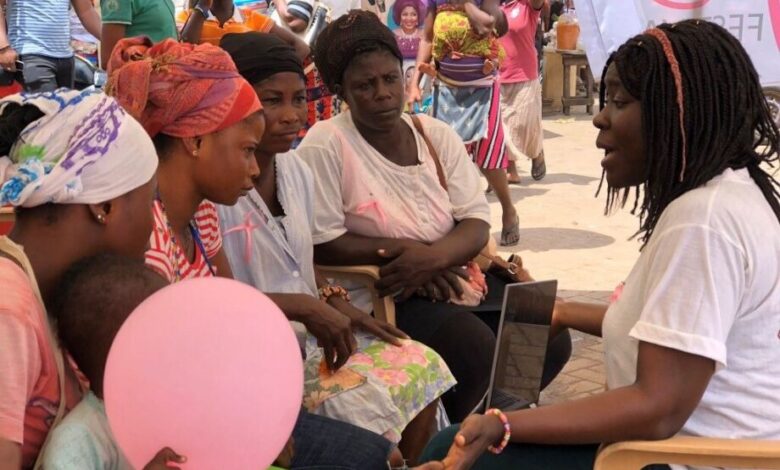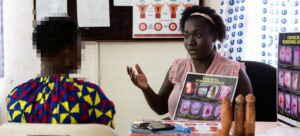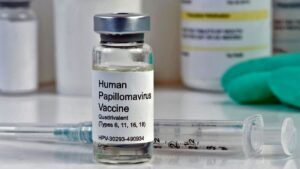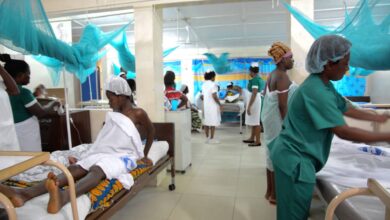Ghana Begins Nationwide HPV Vaccination Drive to Protect Girls from Cervical Cancer

Ghana has taken a bold step towards safeguarding the health of girls and women by launching a national campaign to prevent cervical cancer.
Government has received its first shipment of the Human Papillomavirus (HPV) vaccine, 441,860 doses, as part of an ambitious rollout to reduce the incidence of one of the most common and preventable cancers affecting women in the country.

Over the next few weeks, more than 2.5 million doses of the HPV vaccine will be delivered by UNICEF, which is spearheading procurement and shipment efforts. The vaccines will support a major five-day immunization campaign in September 2025, led by the Ghana Health Service, aimed at immunizing girls and offering them lifelong protection against cervical cancer. Following the campaign, the vaccine will be integrated into Ghana’s national routine immunization programme, offered free of charge to girls turning nine years old.
Cervical cancer, caused by HPV infection of the female reproductive tract, remains the most common cancer among women in Ghana. Despite being highly preventable, efforts to control the disease have long been hampered by limited awareness, poor access to preventive services, and affordability challenges. The inclusion of the HPV vaccine in Ghana’s Expanded Programme on Immunization (EPI) represents a critical step towards reversing these trends and improving women’s health outcomes.

The HPV vaccine, used safely in more than 140 countries, has proven highly effective in preventing cervical cancer. By vaccinating girls well before they face any risk of infection, the programme aims to ease the burden of disease and protect future generations.
Health experts highlight that preventing cervical cancer not only improves individual health but also empowers girls to grow into healthy women, mothers, and leaders who can contribute meaningfully to national development.
This initiative signals Ghana’s renewed commitment to advancing public health and ensuring that no girl is left vulnerable to a disease that can be prevented with timely vaccination.




